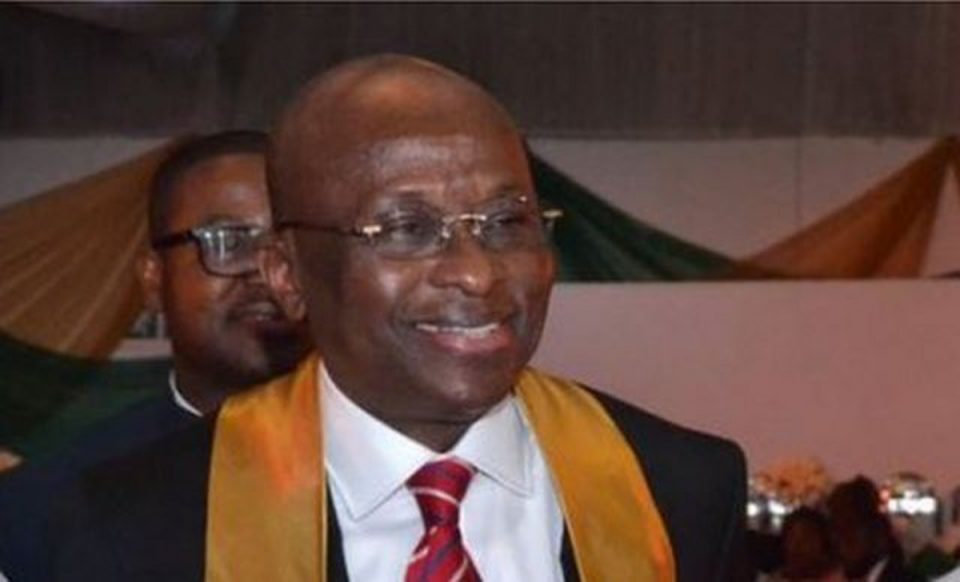Falling prices in the oil and gas sector which gulp 26 per cent of the credit in the banking sector exposes the lending institution’s risk exposure to non-performing loans.
A member of the Monetary Policy Committee, Adamu Lametek, said this in his personal statement which was released by the CBN following the last MPC meeting.
He said in March 2020, the price of crude oil, Nigeria’s most important export, crashed, forcing immediate fiscal adjustments.
The oil price shock continued to reverberate through the economy from the oil and gas sector, he said.
He said, “The banking system for example is heavily exposed to the sector.
“In April 2020, credit to the oil and gas sector accounted for about 26 per cent of the industry’s total loans and advances, making the sector the single most important in terms of credit exposure of the banking system.”
Related to this source of vulnerability, he added, was the foreign currency exposure of the industry which stood at approximately 41per cent in April.
He said, “Low oil prices translate directly to low resources in the oil and gas sector and reduced foreign exchange inflow to the economy.
“Therefore, protecting the financial system remains a priority going forward.”
Though key banking system Financial Soundness Indicators– capital adequacy ratio, non-performing loans ratio, earnings among others had been quite robust, he said the industry was not insulated from the adverse impacts of the global economic and financial weakening arising from COVID-19 and soft oil prices.
According to him, loosening the stance of monetary policy offered some relief to the entire financial sector, not just banks but even more critically to the equities market that had shed about 11 per cent in value, year-to-May 2020.
In addition to easing the lockdown and restoring supply lines, he said the exchange rate of the naira would be a key factor in the short-term evolution of inflation and output.
He said, “A key lesson from the 2016 stagflation is that stability of the naira exchange rate will be a critical element of the policy mix for rapid recovery from the COVID-19 economic setbacks.
“In this light, it will be helpful to sustain and deepen extant foreign exchange management policies including strategic interventions in all segments of the FX market to ensure adequate liquidity, incentivising autonomous inflows and prioritising supply for imports of end products and intermediates that cannot be sourced locally.”




